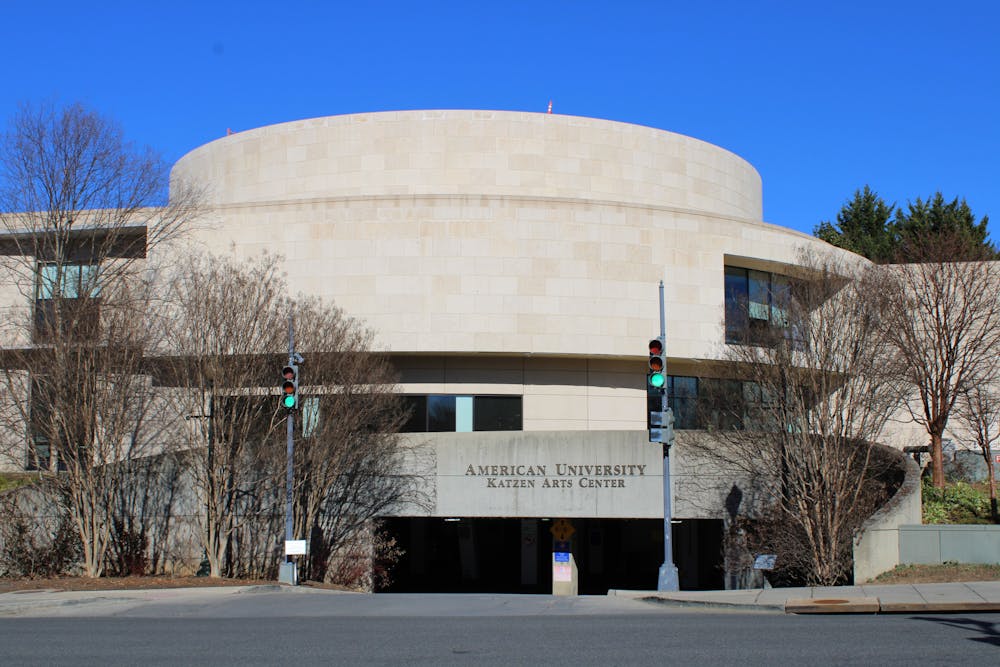Following the month of February, professors in American University’s African American and African Diaspora Studies program are working year-round to continue conversations on Black history, culture and pride.
Shoji Malone is a professorial lecturer who has been working with the program for five years within the Department of Critical Race, Gender and Culture Studies. She specializes in artifact and asset research while teaching a variety of courses at the University, including “History of Black Women in the US” this spring.
According to Malone, community engagement is crucial for continuing these conversations, but it requires everyone’s involvement and effort.
“One of the things that I think that can happen at AU is more collaboration among student organizations,” Malone said. “I think that it's really important that we have safe spaces to talk about Black history and the ways in which Black history informs policy.”
From her experience, Malone said these conversations can be stalled by hesitancy from those involved. Though it should be done respectfully, Malone said it is important that these conversations also include questions.
“What I've learned in teaching is that students have a lot of questions, but they're often afraid to ask for fear of starting arguments with people being offended,” Malone said. “It's important that we have open and honest conversations about what's going on in the world around us.”
Malone said many students are interested in having conversations about general social issues and how to connect them to the Black community.
“I have discovered that students are interested in what affects them daily, particularly in the wake of the overturning of Roe v. Wade and how that impacts Black women,” Malone said. “If that's what students are interested in, I think it would behoove us to have a conversation about that.”
Mali Collins, an assistant professor who has been working in the program for nearly 15 years, specializes in the Black maternal health epidemic. Collins has published several books about her research that focuses on activism and her work with Black youth in urban areas.
Collins said the program offers several courses that allow students to actively engage with African culture through an immersive experience, such as the alternative break programs where students can travel and explore various cultures across the globe.
“Primarily what we do is we hold alt-break experiences,” Collins said. “We have one coming up that's going to South Africa and we also have courses that take people to Senegal, which we're doing.”
Collins said many students do not take advantage of the opportunities from this program, stressing the importance of applying what is learned in classes to their field of study.
“Take African American Studies courses and bring the perspectives that you learn in those classes to your other studies,” Collins said. “At AU, we have so many students who are in SIS and they're interested in working with the continent of Africa, but they've never taken an African American studies course.”
Additionally, Malone said she notices many Black students do not feel heard by those outside the Black community, and that having these conversations about the Black experience in a classroom setting is important.
“One of the things that I tend to do in classes is equip students with tools after we have a conversation in class,” Malone said. “So if an incident happens where someone says something that is negative, or oppressive or racist, they actually have language to counter that.”
Beyond taking courses at AU, Collins said it is also important for students to get involved with organizations in the D.C. area that focus on causes involving the Black community so that students can easily connect their passions to Black history and culture conversations.
“There's always different factions of those causes that prioritize Black voices,” Collins said. “I recommend that people find what they're passionate about, and then look for those specific detail groups that are in our area.”
This article was edited by Samantha Skolnick, Zoe Bell, Abigail Turner and Abigail Pritchard. Copy editing done by Luna Jinks and Ariana Kavoossi.





